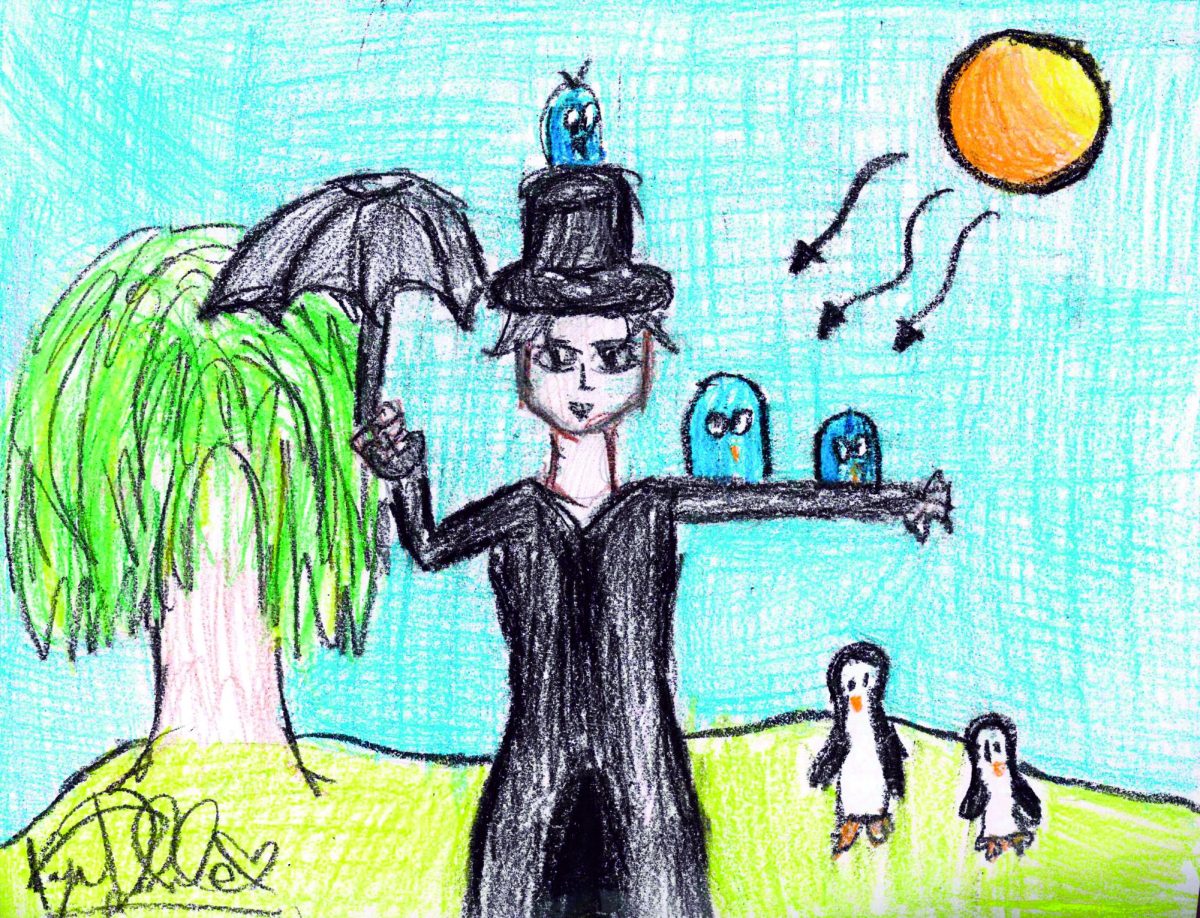Spending time outdoors provides many mental health benefits to people that are vital in long-term health, therefore people ranging from young to the elderly should spend more time outdoors.
One of the major benefits of going outdoors is the increased contact with sunlight. Sunlight plays a major role in the production of Vitamin D.
According to Stanford University nutrition and exercise scientist Rachele Pojednic, PhD, the benefits include many things ranging from cancer prevention to even bone health.
“Ensuring sufficient intake of Vitamin D and calcium serves as a foundational preventive measure to mitigate bone mineral loss and reduce the risk of osteoporosis later in life,” Pojednic said.
It is well known that going outside provides many physical benefits, but a more lesser-known benefit is the noticeable growth in the quality of one’s cognitive abilities.
According to the Centers for Disease Control and Prevention, the benefits of kids going outside are not only physical, like promoting fitness, but extend to mental health and the cognitive abilities of children, especially the youth.
“Being outdoors often enables children to try different games and practice skills that help them meet milestones in learning, language and emotions.
Studies show that time spent playing outside can help children by improving their grades, attention spans and behavior.”
This means that children gain the benefits of attention spans, which is important for a child’s development.
These small but noticeable strengths mean that children would perform better in school, which can be difficult for them at a young age.
According to Mayo Clinic nurse practitioner Jodie M. Smith, APRN., C.N.P., D.N.P., M.S.N., a study was done that proved the act of just viewing nature is enough to reduce stress.
Smith believes that engaging in the outdoors regularly can provide immense benefits.
“This means that we can get an almost immediate benefit from stepping outside,” Smith said, “and doing so on a recurrent basis may prevent cumulative effects from stress, which could mean a lower risk for chronic disease, illness and mortality.”
This benefit extends from children to adults, and a study done by the American Psychological Association found that living near nature or natural greenery was enough to promote cognitive benefits to adults.
According to the American Psychological Association, “Adults assigned to public housing units in neighborhoods with more green space showed better attentional functioning than those assigned to units with less access to natural environments.”
In other words, not only is going outside beneficial for people but also being around greenery is a vast improvement from going without.
This means people living in more rural areas or ones with better access to the environment are more cognitively beneficial than those without.
This means people should stick to areas with more natural greenery to reap the mental health and cognitive benefits.
Americans ranging from the youth to the elderly should spend more time outdoors due to the benefits that range from physical to mental.
This extends to providing many cognitive benefits, improving work and academics.
Outdoor immersion provides mental health benefits
People should be more conscious about the benefits of spending time outside and actively engaging with it regularly. With the rise of stress among youth, and more studies showing the benefits of the outdoors, people should connect with nature more.
Tristan Rocca Doña, Design Editor
•
March 28, 2025
0
More to Discover
About the Contributor

Keya Dahale, Copy Editor







